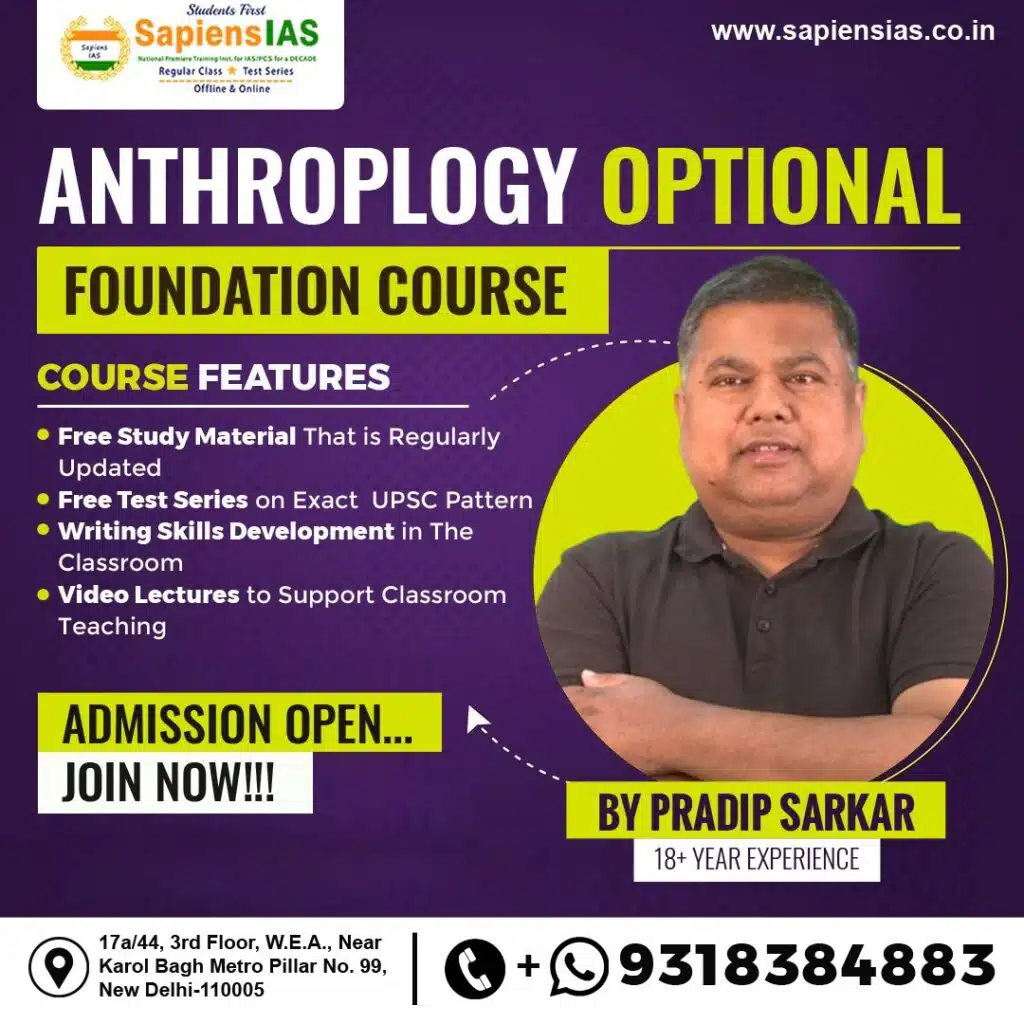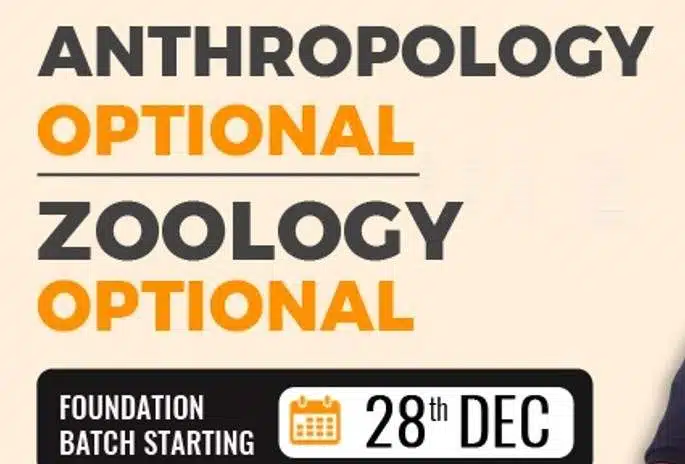Table of Contents
ToggleWith the change in pattern for Mains from Civil Services Exams, 2013, the choice of optional has become most crucial. Though it is being propagated that General Studies – as it carries more weightage now – will be the decider now, the fact is that most of the aspirants are on almost equal footing in GS. Therefore, an optional short in the syllabus, easy to grasp and express as well as scoring should be the right choice.
Experience shows that the candidates already preparing or have appeared in Mains previously, with two options, have more command in one of them, and therefore, are likely to retain it henceforth too. But freshers face a lot of confusion. Newspaper advertisements by coaching institutes promoting certain optionals without verifiable facts further complicate the matter for them. I, therefore, advice them to visit the UPSC website (www.upsc.gov.in), look at various syllabi and previous results, identify a few optionals, visit the institutes to directly talk to the experts in those options, meet some experienced candidates and then finalize.
Here, with-out malaise towards others, I suggest you Anthropology, the subject close to my heart and which I have been teaching for the- list 33 years.
What is Anthropology?
Literally speaking, anthropology is the scientific study of man. It studies social-cultural as well as biological aspects of man in terms of evolution and variation. The students with a background in biological sciences, history, and sociology are somewhat familiar with its subject matter. Because of it being a social science of scientific nature, its approach is similar to that of geography and psychology. For the same reason, many more engineers are inclined towards anthropology.
The Syllabus
The syllabus of Anthropology, in Employment News is placed along with Botany and seems double that of Botany. But any student of Botany will tell you that Botany is at least three times that of Anthropology. The syllabus can be put as follows :
| Paper-I Part-1
(Social-Cultural Anthropology) |
Paper-I Part 2 (Biological Anthropology) |
|
1. Introduction 2. Basic Concepts 3. Institutions 4. Culture & Thought 5. Cultural Evolution 6. Epidemiology 7. Communication Anthropology 8. Research Methodology |
1. Evolution 2. Fossil Evidence 3. Primates 4. Genetics 5. Race 6. Human Physical Growth 7. Human Adaptability |
Paper-II is much smaller
|
Paper-II – Part-1 |
Paper-II – Part-2 |
|
1. Cultural Evolution in India 2. Indian Population 3. Bases of Indian Social System 4.Growth of Anthropology in India 5. Indian Village & Basic Concepts |
1. Tribal India 2. Scheduled Castes 3. OBCs 4. Ethnicity |
The whole syllabus of both the Papers can be converted into about one hundred and twenty questions. You can not do so with any other subject.
READ: How to Prepare Anthropology for UPSC Exam

Anthropology, the TINA Factor
There is no alternative (TINA) to anthropology for success in civil services examinations of the Centre as well as states. For one, the syllabus is small and its revision accordingly takes lesser time compared to other subjects. The time thus saved can be used to strengthen GS and Essay. In 2008 syllabus of almost all subjects was revised upward but Anthropology witnessed a cut of six major topics. Besides, Anthropology is the only subject that has consistently maintained above 10% results all through the last decade. In nutshell, you too can taste success through this most humanist discipline.
Best institute for anthropology optional coaching in India
Join Sapiens IAS – best anthropology optional coaching in India for offline and online training facilities to all UPSC IAS aspirants.






